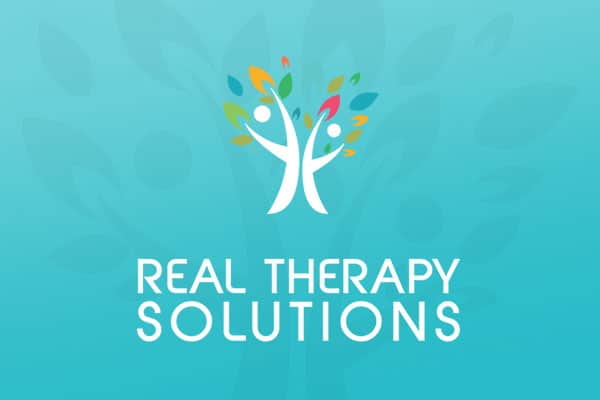Why is PLAYTIME so important for my child with autism’s communication skills?
The Link Between Play and Learning
PLAY is more than just fun and games for infants and children. Communication begins before we even learn to talk. In the first few months of life, babies learn to communicate by listening to voices and sounds, looking at people’s faces when they talk, and engaging in back-and-forth babbling and facial imitation games with their parents. These play interactions are the baby’s first conversations – they are learning who they are, developing a social awareness of others and the world around them.
Typically, after a child is one year old, they will begin imitating adult actions and words and overtime will build upon the words, phrases and sentences they can understand and use.
As a parent, the BEST thing you can do to help your child to learn and develop communication skills is to PLAY!

RED FLAGS – What play behaviours suggest my child could have a communication delay?
There may be times when your child doesn’t want to play particularly if they are tired or are bored of the same activity for long periods of time. This is normal and usually nothing to worry about. However, a consistent lack of interest in play can indicate a potential development disorder.
Communication disorders can often be predicted from a young age, particularly if they present with concomitant disorders including Autism Spectrum Disorder (ASD), Down Syndrome and Global Developmental Delay.
Consider speaking with a health professional if:
• your baby doesn’t seem to respond to sounds and faces during interactive play (e.g. peekaboo)
• your toddler has only a narrow interest in toys, or doesn’t use toys in a functional way (e.g. spinning the wheels of a toy car instead of pushing)
• your preschooler isn’t interested in playing with other children or participating in unstructured, imaginative games.
Play-based Therapy:
The roles of the speech-language pathologist and parents in therapy have changed overtime. Parents are no longer observers of the therapy; they are an essential part of their child’s intervention. The Speech-Language Pathologist will model, coach and lead parents in promoting play and social interactions in a way that will support a child’s communication development. In this way, “therapy” becomes a natural part of the family’s everyday life. This is known as “parent-implemented intervention”.
Research supports that the earlier parents of children with disabilities are involved in intervention programs, the better the therapy outcomes. Such studies reveal positive gains for both parents and children.
Why parent- implemented play intervention works:
• Children learn to communicate during everyday activities and conversations with the important people in their lives.
• Parents know their child best and are her/his first teacher, spend the most time with them and have the biggest vested interest.
• Communication skills can be generalised into a child’s everyday life with multiple communication partners, outside of clinic settings.
• Play and social interactions are encouraged in daily activities (e.g. mealtime, bath time and bed time) that are familiar and meaningful to the child.
• Therapy occurs on an ongoing basis in the child’s comfortable surroundings which makes learning more motivating and fun!
• Parents learn to be less directive and more responsive. This encourages children to be more independent in initiating social and play interactions.
• Parents learn to encourage eye contact, joint attention and turn taking.
• Parents learn to provide appropriate language models assisting children in understanding and using new words and more complex sentences.
Types of Play
Unstructured Play:
Unstructured play or “free play” is the best type of play for young children.
Free play is not planned and allows a child to spontaneously engage in play activities at their own leisure, choosing and/or shifting between a variety of easily accessible toys/activities. During such instances, parents learn to observe, wait, listen and watch for cues for their child to invite them into their world to participate in play. Parents follow their child’s lead and interests and incorporate language stimulation techniques as opportunities arise naturally.
Examples of following a child’s interest include:
– Sitting at eye level alongside your child during independent play and waiting/listening for cues that they are inviting you to play (e.g. eye contact, hand leading and presenting objects, using words/phrases “LOOK, a car!”)
– Imitating a child’s actions with toys/ objects even if they are not playing in a conventional way (e.g. ripping paper, repeatedly crashing cars) allowing opportunities for joint attention.
Is more organised and often occurs at a fixed time or in a set space, led by an adult in order to target specific goals.
Examples include:
– Shared book reading every night before bed where a child is encouraged to label target picture words.
– Adult- directed multi-player, turn taking games with family members (e.g. Jenga, board games).


Play Schedules:
Implementing visuals in play including Play schedules/Play choice boards are a great way to increase a child’s play skill repertoire. In this way, they are encouraged to shift between a variety of activities, whilst still promoting opportunities for the child to make choices and have flexibility in play regarding selecting the order of activities to be completed and/or choosing reward activities they are working towards.







